
Your Blue tongue skink care images are ready. Blue tongue skink care are a topic that is being searched for and liked by netizens now. You can Get the Blue tongue skink care files here. Find and Download all free photos.
If you’re searching for blue tongue skink care images information linked to the blue tongue skink care topic, you have pay a visit to the right blog. Our website frequently gives you hints for seeing the maximum quality video and picture content, please kindly search and find more enlightening video content and images that fit your interests.
Blue Tongue Skink Care. The care of these lizards is comparable to, if not easier than, that of bearded dragons. Bluetongue skinks are easy to care for and feed, but they have specific enclosure needs. All blue tongue skinks belong to the genus tiliqua, which can be found throughout indonesia and australia. Do not house more than 1 blue tongue skink per enclosure.
 Your Blue Tongue Skink Care Starts With These Steps The From thecritterdepot.com
Your Blue Tongue Skink Care Starts With These Steps The From thecritterdepot.com
Instead, the primary consideration should be the health of your pet,. All blue tongue skinks belong to the genus tiliqua, which can be found throughout indonesia and australia. The australian blue tongued skink can grow to reach 15 inches. They need a large enclosure even though you can only keep one at a time. They should have a bowl of water available at all times. All blue tongue skinks are members of the genus tiliqua, and are named for their characteristic blue tongues.there are eight different species in the genus, with various colors and patterns.
There is no denying that these lizards have a unique appearance especially compared to most common house lizards.
They need some humidity, but not too much of it. Affectionately referred to as “garbage disposals” by some keepers, they are enthusiastic eaters with a taste for just about anything — insects, slugs/snails, roadkill, small animals, fruits, flowers, etc. Produce the bulk of the diet—45 to 60%—should consist of greens. In addition to this, you can use disinfectant if necessary. Instead, the primary consideration should be the health of your pet,. Don�t always feed them the same things.
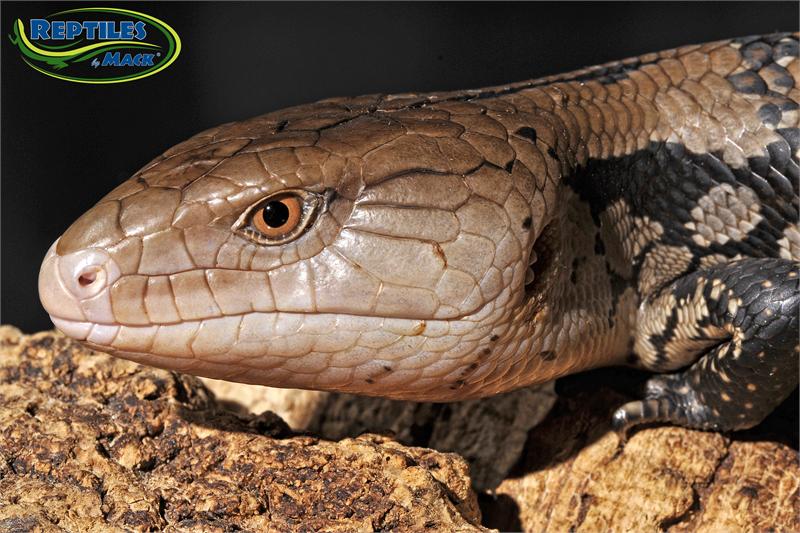 Source: reptilesbymack.com
Source: reptilesbymack.com
Heating can be provided by under tank heating, an incandescent basking light (or ceramic heat emitter. Blue tongue skink care page. The australian blue tongued skink can grow to reach 15 inches. Caring for them is easy, but they need regular attention, diet, and maintenance. The best way to keep your blue tongue skink healthy is to provide a wide variety in their diet, rotating produce and animal protein sources to ensure complete nutrition.
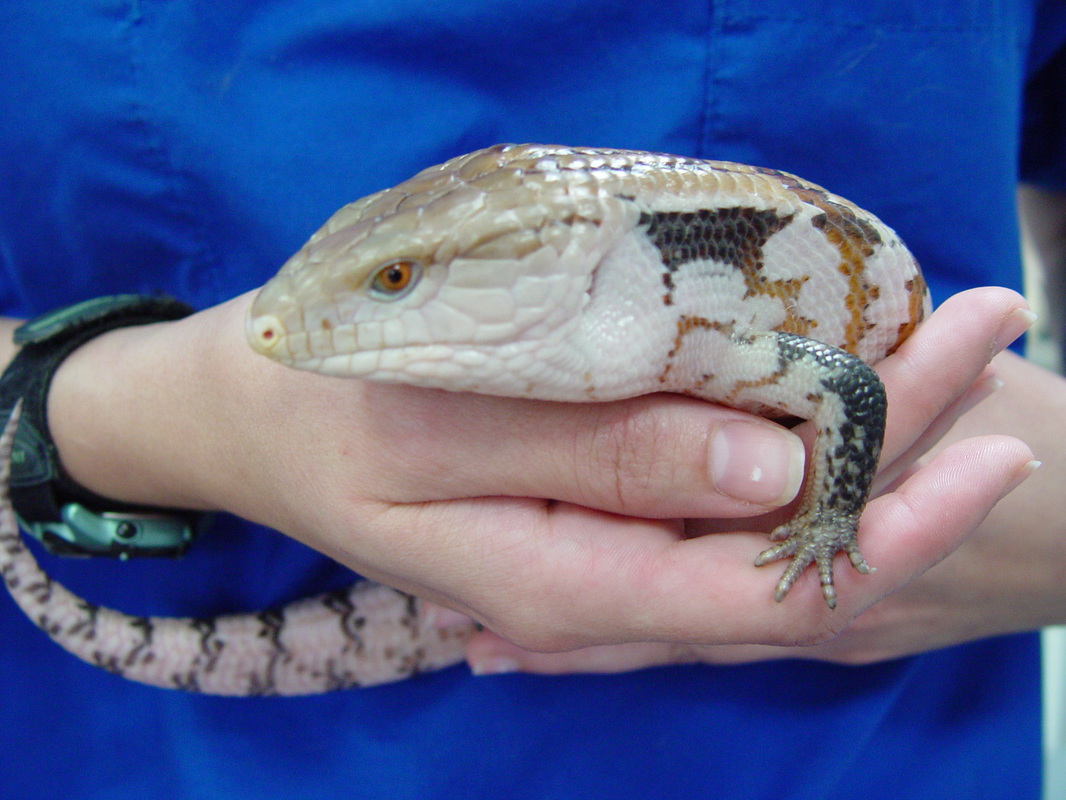 Source: exoticpetvet.com
Source: exoticpetvet.com
When you feed, you can give as much as they want in one sitting. Young skinks are better fed every other day. This is a brief overview of all currently recognized blue tongue skink subspecies, with a brief notes on each. There is no denying that these lizards have a unique appearance especially compared to most common house lizards. Let’s first learn are blue tongue skinks good pets?
 Source: mishkanet.com
Source: mishkanet.com
You should also strive for a balanced mixture of about 60 percent vegetables and fruits and 40 percent meat items. These unique lizards need a substantial amount of floor space in their enclosures to move around and be enriched. All blue tongue skinks belong to the genus tiliqua, which can be found throughout indonesia and australia. Blue tongued skinks from australia and the surrounding areas so the humidity should be low, spray the tank lightly once every couple of days. Bluetongue skinks are easy to care for and feed, but they have specific enclosure needs.
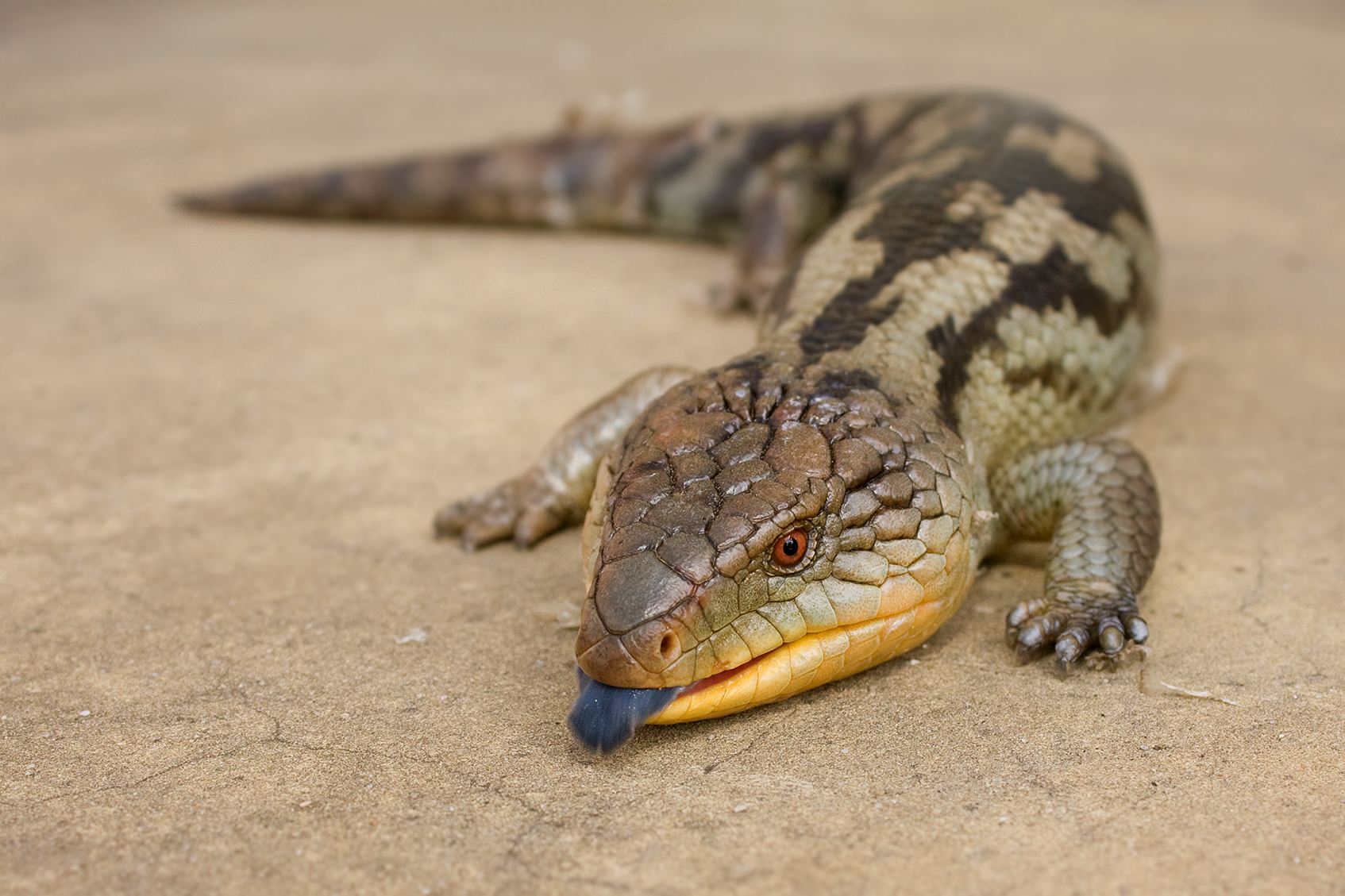 Source: animalspot.net
Source: animalspot.net
These young reptiles need to have a diet composed of about 70 to 80% protein to help their muscles grow well. All blue tongue skinks are members of the genus tiliqua, and are named for their characteristic blue tongues.there are eight different species in the genus, with various colors and patterns. Do not house more than 1 blue tongue skink per enclosure. However, they still require a specific, balanced diet that meets their. Purchase a hygrometer and use it regularly to stay on top of humidity levels.
 Source: thecritterdepot.com
Source: thecritterdepot.com
When caring for a blue tongue skink, water is something you can’t forget. For appropriate blue tongue skink care, incorporate wooden boxes, wooden logs, and other stuff in their enclosures. We strive for a 50/40/10 meal plan with 50% veggies and green, 40% meat/protein and 10% fruits. It’s usually brown, orange, black, and grey, but can be found in other colors too, including light blue. Apple tends to be very high in sugar, and a few pieces once a month will be a nutritious treat for them.
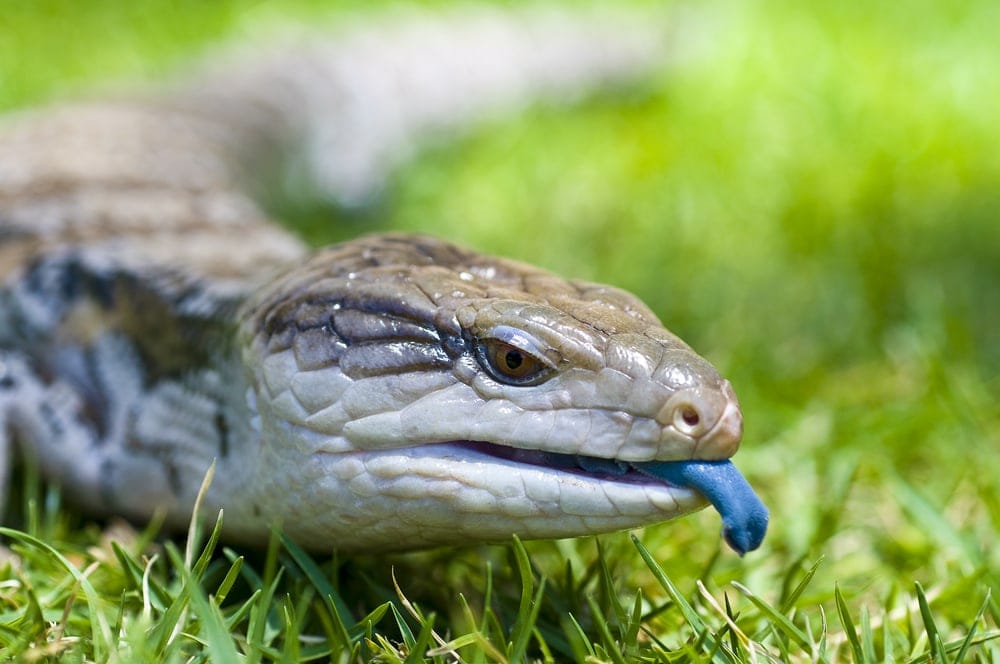 Source: petsoid.com
Source: petsoid.com
Young skinks are better fed every other day. Young skinks are better fed every other day. Don�t always feed them the same things. They should have a bowl of water available at all times. Humidity, to allow the skink to collect droplets of water to drink as they do in the wild.
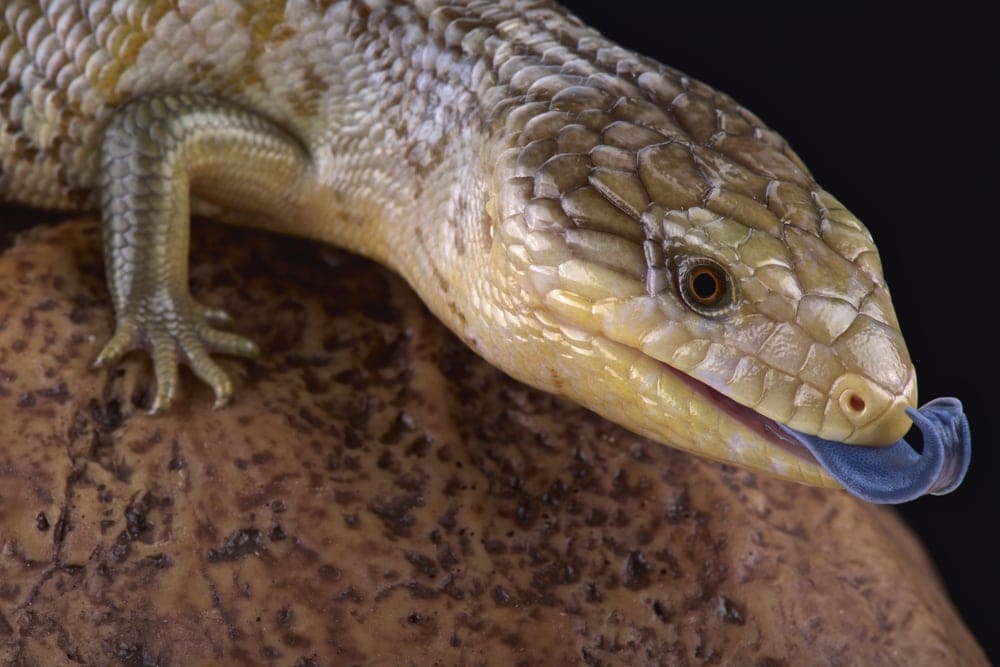 Source: petsoid.com
Source: petsoid.com
Produce the bulk of the diet—45 to 60%—should consist of greens. Do not house more than 1 blue tongue skink per enclosure. They should have a bowl of water available at all times. The blotched blue tongued skink is usually a lighter color with darker spots, but the pattern can reverse, causing the body to be dark with light spots. It’s best to provide a shallow dish of water in their enclosure at all times to ensure they can always drink when they need to.
 Source: reptifiles.com
Source: reptifiles.com
Using the right uvb product will ensure the best outcome for your skink. The australian blue tongued skink can grow to reach 15 inches. They will eat proteins, vegetables/greens and fruits. Apple tends to be very high in sugar, and a few pieces once a month will be a nutritious treat for them. Too much humidity can cause respiratory infections and skin issues.
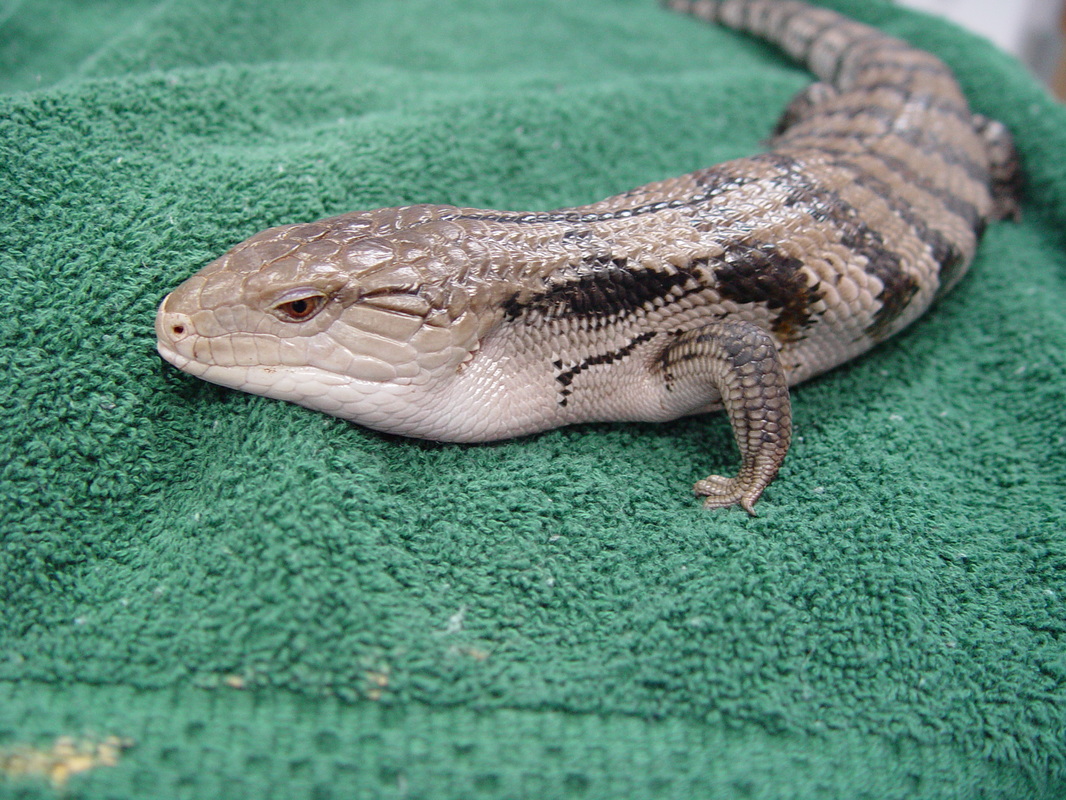 Source: exoticpetvet.com
Source: exoticpetvet.com
Keep a shallow dish for drinking. When caring for a blue tongue skink, water is something you can’t forget. As relatively large and powerful lizards, blue tongue skinks typically aren’t kept in carefully designed cage setups as used for poison dart frogs or day geckos. It’s best to provide a shallow dish of water in their enclosure at all times to ensure they can always drink when they need to. Heating can be provided by under tank heating, an incandescent basking light (or ceramic heat emitter.
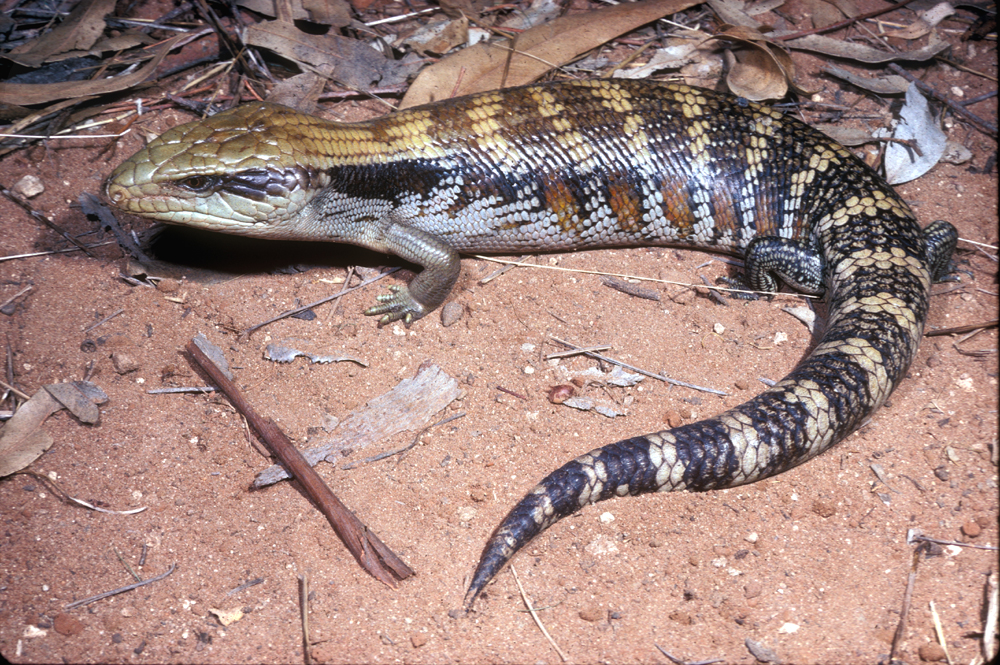 Source: animalspot.net
Source: animalspot.net
It’s best to provide a shallow dish of water in their enclosure at all times to ensure they can always drink when they need to. Blue tongue skinks are omnivorous, which means that they eat both plants and animals in the wild. Cleaning you can clean the cage of your blue tongue skink with soapy water. Let’s first learn are blue tongue skinks good pets? They need some humidity, but not too much of it.
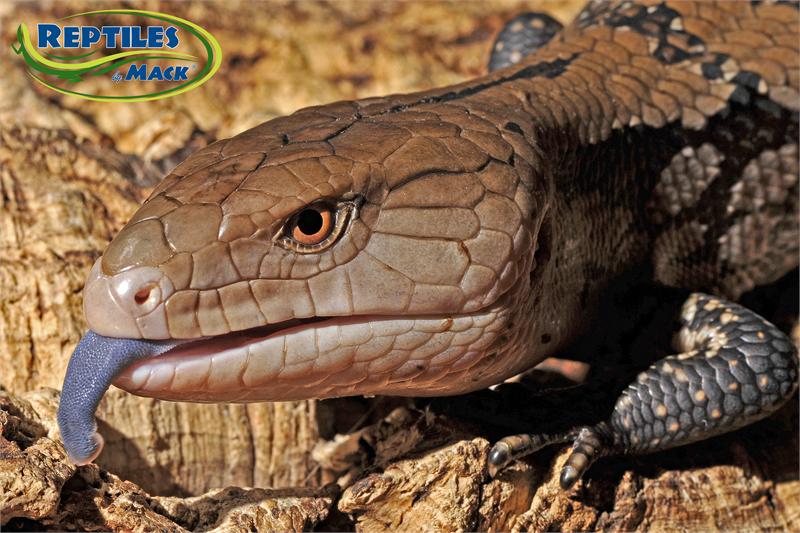 Source: reptilesbymack.com
Source: reptilesbymack.com
These skinks have a varied diet of fruits and insects, making them one of the easier to feed skinks as they don’t need to have live food all the time. Make sure that you don’t leave any residue behind. Do not house more than 1 blue tongue skink per enclosure. A well balanced diet will assure your skink grows up healthy. All blue tongue skinks are members of the genus tiliqua, and are named for their characteristic blue tongues.there are eight different species in the genus, with various colors and patterns.
 Source: thesprucepets.com
Source: thesprucepets.com
The blotched blue tongued skink is usually a lighter color with darker spots, but the pattern can reverse, causing the body to be dark with light spots. Don�t always feed them the same things. Stay away from high rise objects. Heating can be provided by under tank heating, an incandescent basking light (or ceramic heat emitter. They should have a bowl of water available at all times.
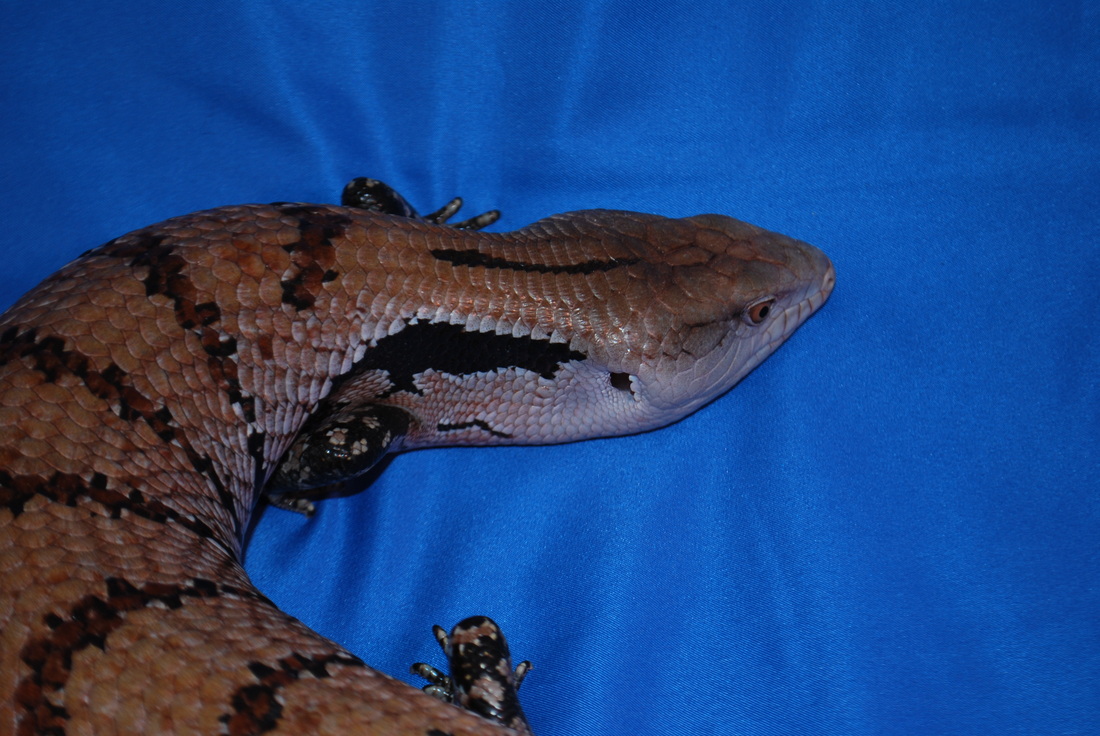 Source: bamboozoo.weebly.com
Source: bamboozoo.weebly.com
Heating can be provided by under tank heating, an incandescent basking light (or ceramic heat emitter. For appropriate blue tongue skink care, incorporate wooden boxes, wooden logs, and other stuff in their enclosures. As such, they have quite a varied diet. They will eat proteins, vegetables/greens and fruits. All blue tongue skinks are members of the genus tiliqua, and are named for their characteristic blue tongues.there are eight different species in the genus, with various colors and patterns.
 Source: preloved.co.uk
Source: preloved.co.uk
Replace the water every day and if your skink goes to the toilet in the bowl. Bluetongue skinks are easy to care for and feed, but they have specific enclosure needs. The best way to keep your blue tongue skink healthy is to provide a wide variety in their diet, rotating produce and animal protein sources to ensure complete nutrition. Too much humidity can cause respiratory infections and skin issues. As relatively large and powerful lizards, blue tongue skinks typically aren’t kept in carefully designed cage setups as used for poison dart frogs or day geckos.
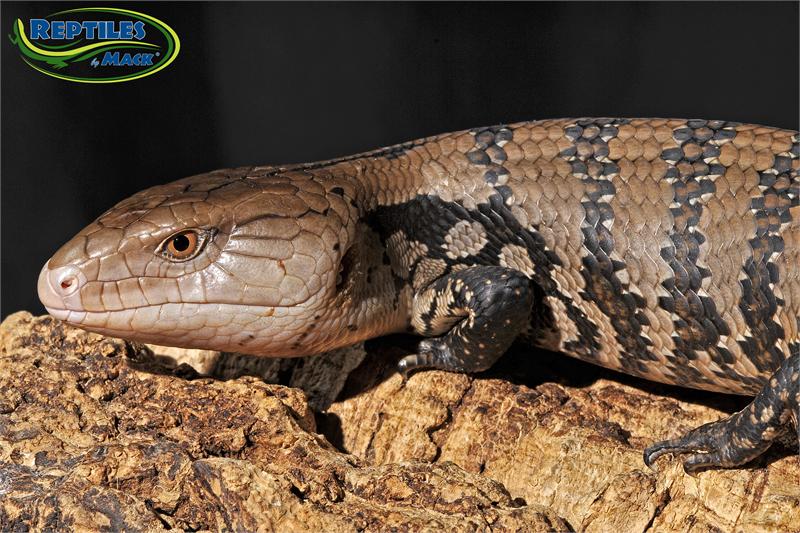 Source: reptilesbymack.com
Source: reptilesbymack.com
These young reptiles need to have a diet composed of about 70 to 80% protein to help their muscles grow well. Produce the bulk of the diet—45 to 60%—should consist of greens. They will eat proteins, vegetables/greens and fruits. They need a large enclosure even though you can only keep one at a time. Stay away from high rise objects.
 Source: cincinnatizoo.org
Source: cincinnatizoo.org
As such, they have quite a varied diet. They enjoy being handled when they are used to being around humans. Too much humidity can cause respiratory infections and skin issues. Humidity, to allow the skink to collect droplets of water to drink as they do in the wild. It’s best to provide a shallow dish of water in their enclosure at all times to ensure they can always drink when they need to.
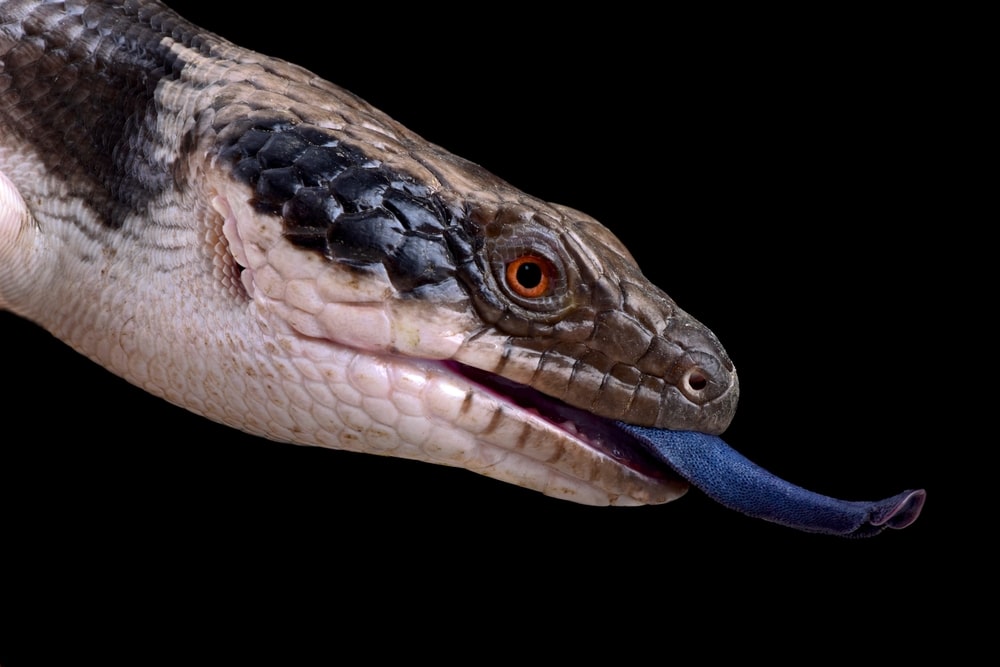 Source: reptileadvisor.com
Source: reptileadvisor.com
We strive for a 50/40/10 meal plan with 50% veggies and green, 40% meat/protein and 10% fruits. Some animals such as, blue tongue skinks, use moderate to lower levels of uvb (aka a moderate uvi) because they bask in the early morning and afternoon/evenings when the uvb output from the sun is less. Their lifespan is between 10 and 20 years and their scientific name is tiliqua scincoides. Like mealworms, you should feed apples in moderation only as they are not widely available in their natural habitat. Caring for them is easy, but they need regular attention, diet, and maintenance.
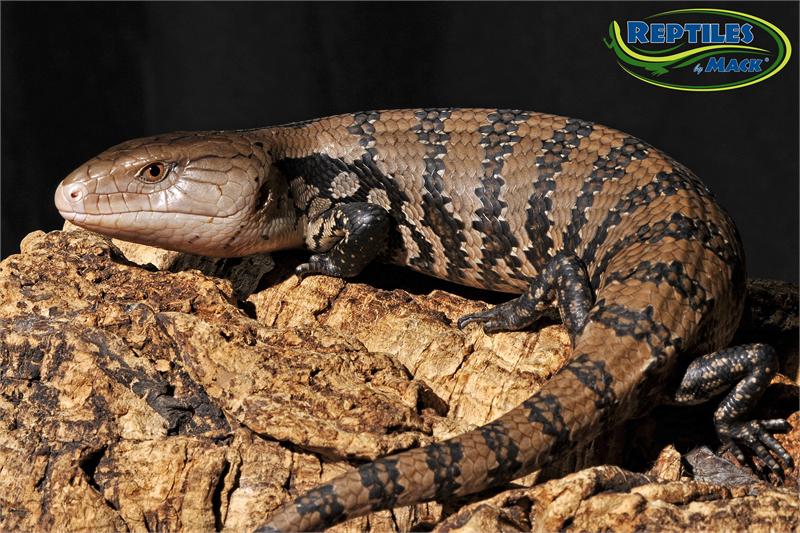 Source: reptilesbymack.com
Source: reptilesbymack.com
They will eat proteins, vegetables/greens and fruits. Instead, the primary consideration should be the health of your pet,. It’s usually brown, orange, black, and grey, but can be found in other colors too, including light blue. These unique lizards need a substantial amount of floor space in their enclosures to move around and be enriched. The blotched blue tongued skink is usually a lighter color with darker spots, but the pattern can reverse, causing the body to be dark with light spots.
This site is an open community for users to do sharing their favorite wallpapers on the internet, all images or pictures in this website are for personal wallpaper use only, it is stricly prohibited to use this wallpaper for commercial purposes, if you are the author and find this image is shared without your permission, please kindly raise a DMCA report to Us.
If you find this site adventageous, please support us by sharing this posts to your favorite social media accounts like Facebook, Instagram and so on or you can also bookmark this blog page with the title blue tongue skink care by using Ctrl + D for devices a laptop with a Windows operating system or Command + D for laptops with an Apple operating system. If you use a smartphone, you can also use the drawer menu of the browser you are using. Whether it’s a Windows, Mac, iOS or Android operating system, you will still be able to bookmark this website.






